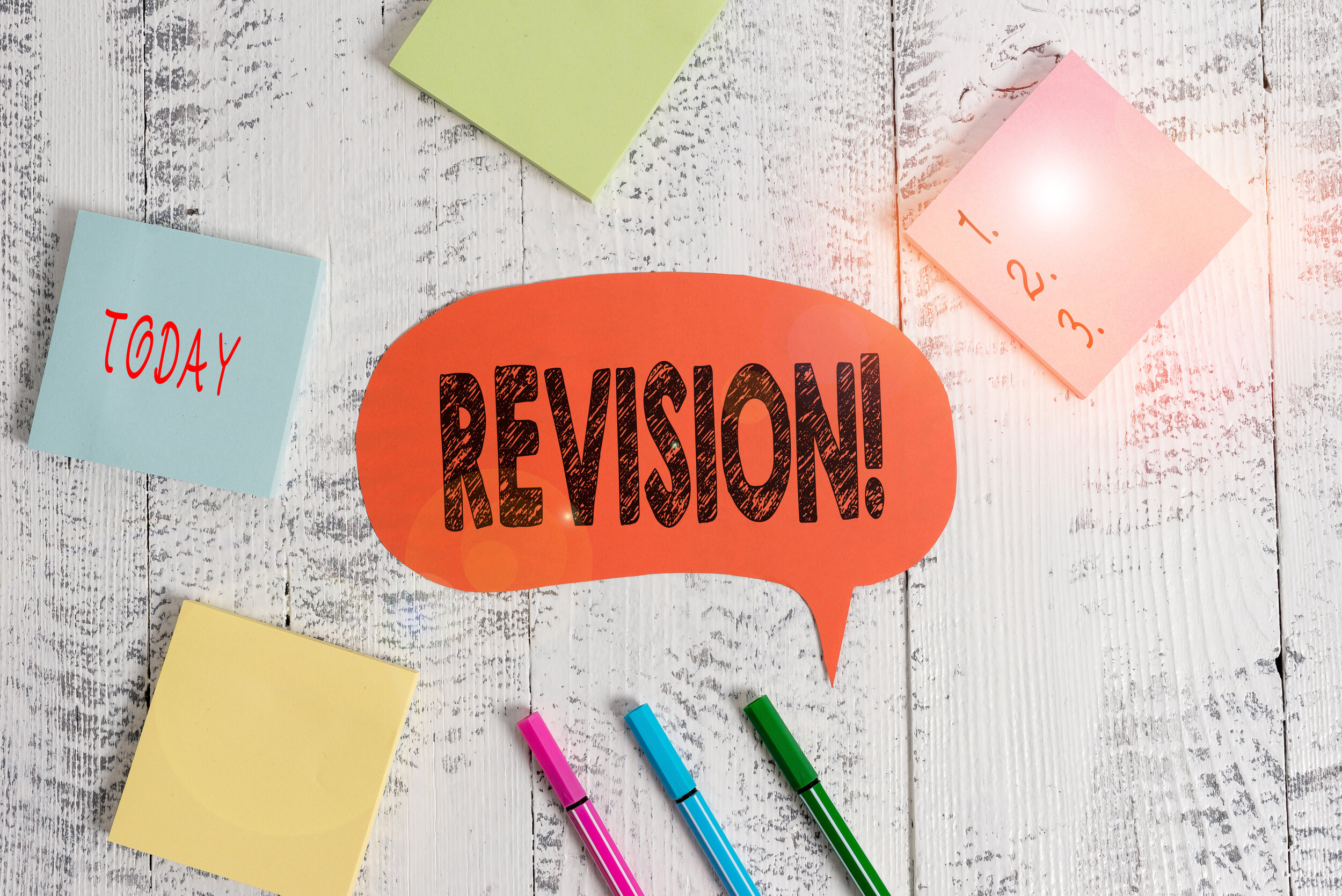There is much media coverage on the topic of education, with particular reference to GCSE grading, for current year 11, with varying opinions on how best to assess our children’s capabilities. I am aware that this year is very different to the past 3-4 years of teaching the new specifications. Not only have year 11 students missed a significant amount of live teaching, there is also a great deal of uncertainty about whether exams will happen in the traditional sense; they could, but they also may not. I’m starting to sound like Boris!
However, I can vouch for certain that I want you to do well and reach your full potential. With that in mind, I want us to focus on the one thing that we can control, being prepared for the uncertain. This means staying on top of studies throughout the year and not leaving it to a last minute ‘cram’.
Students need to make sure that they revise effectively for the four English Lit/Lang papers. I am currently working with my students on intensive and highly productive revision.
I am running guided mocks this half term to give students exam practice before their school mocks. In my experience, this is the most effective form of revision, especially as the students will receive very detailed feedback from an actual examiner.
Get in touch if you need help.


